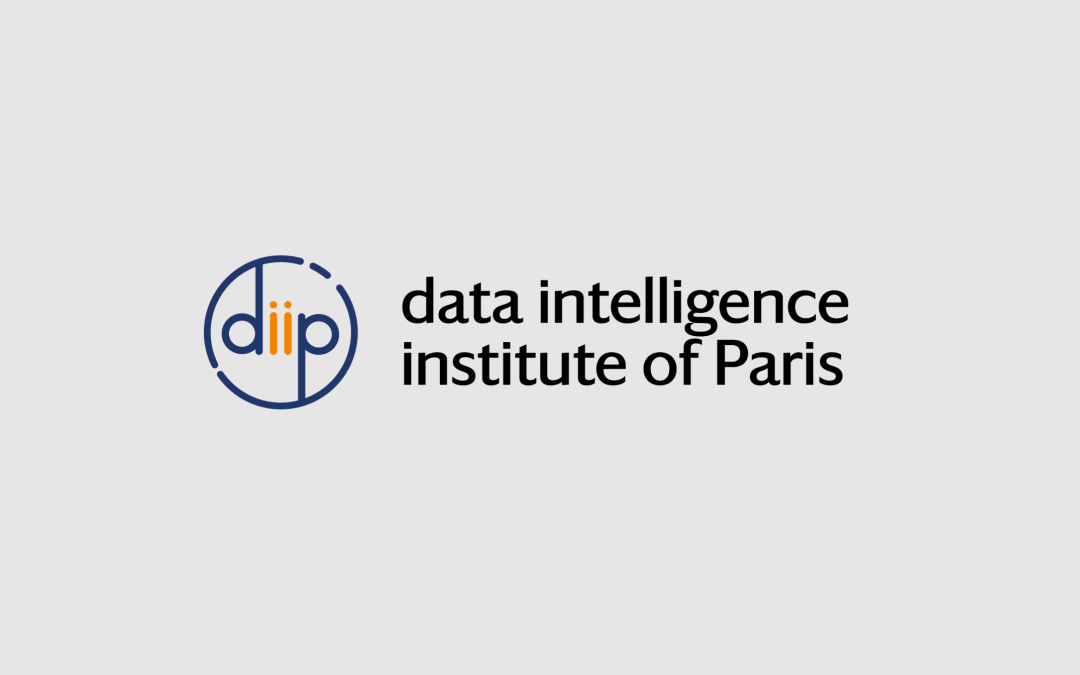iPOP-UP has issued a call for biology-related projects that would benefit from expert guidance on the bioinformatics side (directed to UPC researchers; deadline: September 20).

© Université Paris Cité
iPOP-UP is starting its more direct help branch in the form of bioinformatics guidance and privileged access to the iPOP-UP cluster. They are looking for one or two projects in which they will provide an advanced level of bioinformatic guidance, which will be catered to the needs of the projects, and can encompass things such as proposition or refinement of the bioinformatic analyses plan, ensuring good communication between wet and dry sides of each project, help in hiring decisions, find pre-existing tools and methods, identify problems within the strategy and find solutions to them.
More information about the call can be found here.
À lire aussi

Nikos Paragios – Seeing the Invisible – Doing the Impossible: Reinventing Healthcare with Generative AI-powered diagnosis, treatment and beyond
Nikos ParagiosDecember 04, 2024Vulpian Amphitheater, 12 rue de l’École de Médecine (75006 Paris) Nikos Paragios (52) is distinguished professor of Mathematics (on partial leave) at Ecole CentraleSupelec, the school of engineering ofthe University of Paris-Saclay and...

Deeply Learning from Neutrino Interactions with the KM3NeT neutrino telescope
2022 PhD/ DIAI Projects @AstronomyParticle physics and graph neural networks Santiago PENA MARTINEZ Project Summary A new generation of neutrino experiments is in the horizon looking to explore many of the open questions on neutrino properties and searching for...

Alon Halevy – Well-being, AI, and You: Developing AI-based Technology for Well-being
Alon HalevyDecember 04, 2024Vulpian Amphitheater, 12 rue de l’École de Médecine (75006 Paris) Alon Halevy is a Distinguished Engineer in Google Cloud. From 2019 until November 2023, he was a director at Meta’s Reality Labs Research, where he worked on Personal Digital...

Shen Liang – Knowledge-guided Data Science
Shen LiangMay 18, 4 PM online (zoom) linkedinAbstract This tutorial presents an overview of knowledge-guided data science, a rising methodology in machine learning which fuses data with domain knowledge. We will present numerous case studies on this methodology...
